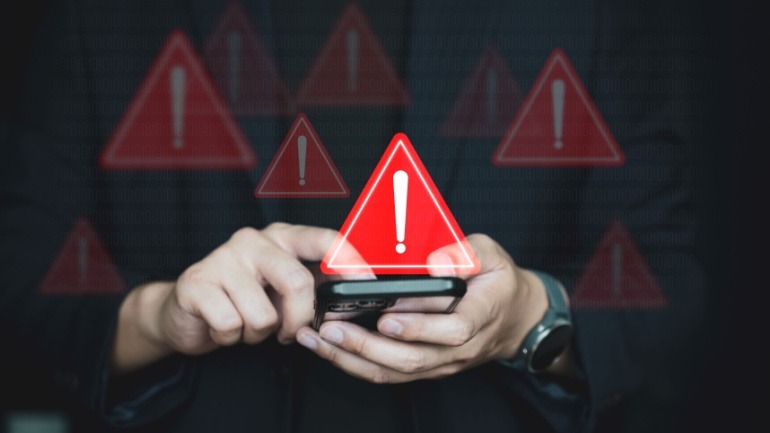BT has made significant strides in safeguarding its customers against phone scams. With the recent introduction of the Enhanced Call Protect service, powered by hi-tech detection software, the company successfully blocked 2.4 million scam calls since May 2024. This innovative measure is part of BT’s Digital Voice platform aimed at preventing ‘vishing,’ where fraudsters attempt to obtain personal information over the phone.
Enhanced Call Protect leverages artificial intelligence to identify and block malicious calls. Created in collaboration with Hiya, the service employs machine learning to continuously enhance its scam detection capabilities. When a probable spam call is intercepted, customers receive a notification, enabling them to decide whether to accept or reject the call. Calls identified as scams are redirected to a junk voicemail, providing users an additional layer of security.
The prevalence of spam calls remains a concern. Data from Hiya shows UK residents average three spam calls monthly, with 28% of unknown calls marked as spam. This translates to roughly 195 million unwanted calls each month. Presently, 2.5 million BT customers subscribe to Enhanced Call Protect, and numbers are anticipated to rise as more switch to Digital Voice. Projections suggest that BT will block over 1.5 million scam calls each month as the rollout progresses.
“Our top priority is ensuring our customers feel secure and confident when using our services. This new Hiya technology is now integrated with Digital Voice and is proving to be incredibly effective at stopping scam calls. We remain committed to protecting customers during the switch to digital landlines,” stated Lucy Baker MBE, BT Consumer’s All-IP Director.
Alex Algard, Hiya CEO, highlighted the significance of the technology’s success in blocking fraudulent and spam calls. Algard noted that this achievement instills confidence in customers, allowing them to engage in phone conversations without interruptions from unwanted calls.
The transition from analogue to digital landlines marks a critical phase in modernizing the UK’s telecom infrastructure. As part of this transition, BT has already reached 30% of urban areas, spanning 340 towns and cities.
However, the swift move sparked criticism. Vulnerable customers dependent on telecare devices experienced service disruptions, notably during power outages in rural regions. Additionally, inadequate safeguards, such as battery backups, were a point of contention. Many older individuals faced challenges adapting to the new system, raising cost and usability concerns. In response, BT postponed full digital conversion to January 2027, ensuring a smoother transition for all users.







